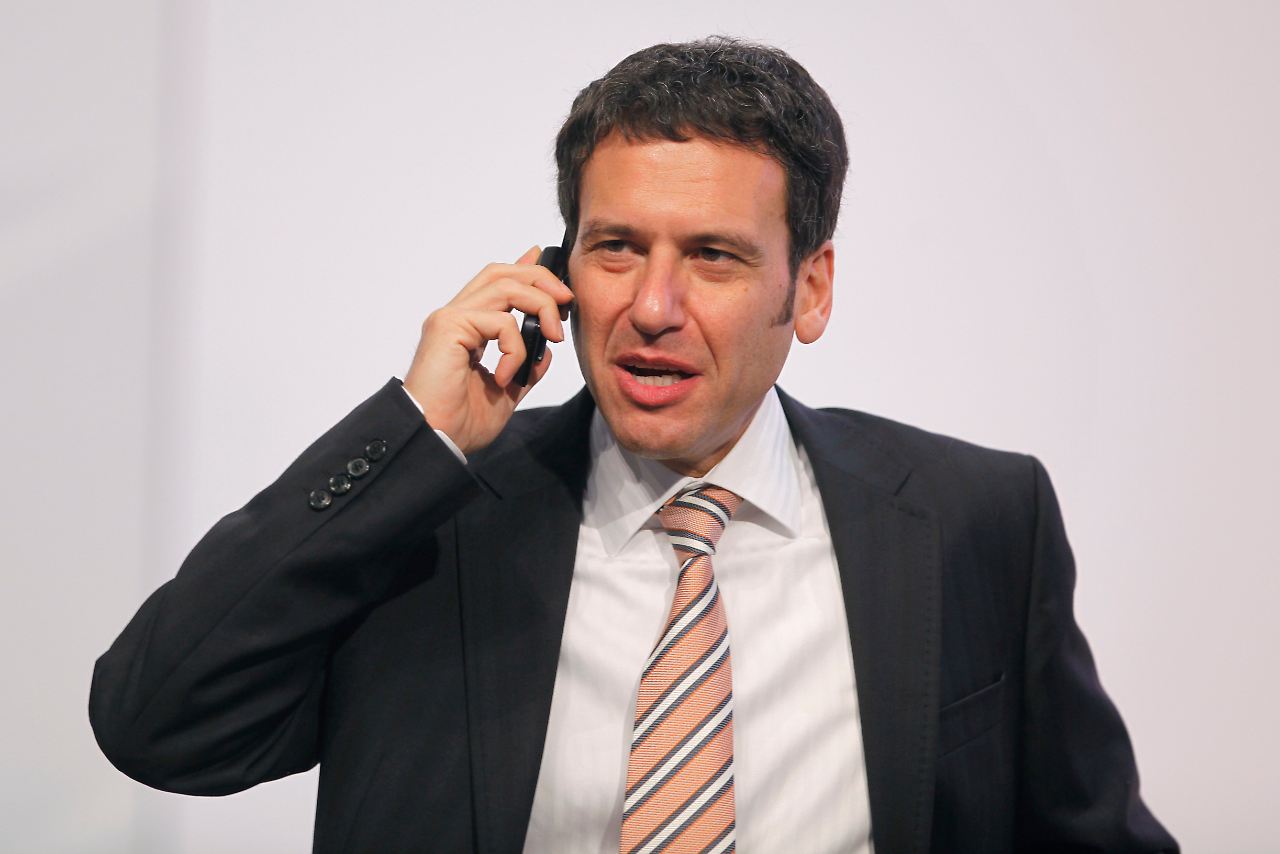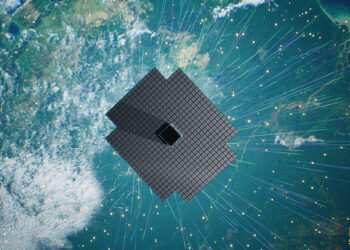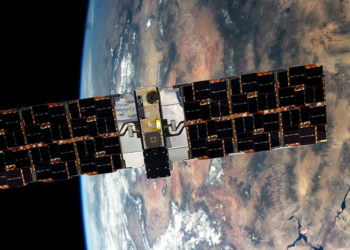Dish Network and EchoStar see revenue losses in Q3
Analyst still bullish on the companies' merger
EchoStar and Dish Network both reported third-quarter results this week that were down compared with 2022. The companies intend to complete a merger by the end of the year; Dish was spun off from EchoStar in 2008.

Despite the less-than-stellar results, investment bank Raymond James Financial Inc. said in an advisory this week that the soon-to-be-combined company “has levers to pull to buy time, unlock value and improve liquidity.”
Raymond James analysts also reiterated its “strong buy” rating on Dish.
“With the Jupiter 3 satellite expected to come online and start providing service in December, we believe there is an exciting growth ramp ahead, particularly in the enterprise business. … with shares of Dish down 37% and [EchoStar] down 31% on a very painful Monday, we believe the risk-reward equation skews positive,” according to Ric Prentiss, managing director of telecommunications services research, and Brent Penter, senior research associate.

EchoStar’s subsidiary, Hughes Network Systems’ new geosynchronous satellite, Jupiter 3, reached its orbital position in early Q3, and has fully deployed all its antennas, with transmission tests set to begin soon.
“Once in service, Jupiter 3 will deliver new broadband services in North and South America, and will allow us to focus quickly on the continued demand for high-throughput service in the region,” EchoStar Chief Operating Officer Paul Gaske noted during the company’s earnings call Monday.
Gaske will join Connectivity Business News for a fireside chat next week at Connectivity Next Summit 2023.
“Even though Jupiter 3 has launched and deployed successfully, we continue working on all our work streams. … It our longer-term strategy to expand into new markets through organic innovation and potential acquisitions,” he added.
Hamid Akhavan is slated to continue as CEO for the combined company post-merger. Meanwhile, Dish announced this week that CEO Erik Carlson will resign Nov. 12.
Financial highlights of the two companies in Q3 include:
- EchoStar [NASDAQ: SATS] consolidated revenue of $413.1 million, a 17% decrease of $84 million year over year, partially driven by capacity constraints on its consumer broadband efforts;
- Dish Networks [NASDAQ: DISH] reported revenue totaled $3.7 billion, a decrease of $400 million lower YoY;
- EchoStar net income of $500,000, consolidated net income attributable to EchoStar common stock of $3.2 million, and basic and diluted earnings per share of common stock of 4 cents;
- Dish saw a net loss of $139 million compared to net income of $412 million Q3 2022;
- EchoStar consolidated adjusted EBITDA of $125.8 million compared to $158.8 million Q3 2022;
- Dish diluted loss per share at 26 cents compared to earnings per share of 65 cents YoY;
- EchoStar cash, cash equivalents and current marketable investment securities were $2.0 billion as of September 30, up from $1.9 billion as of June 30;
- Dish received a $150,000 fine from the FCC for failing to retire the EchoStar-7 satellite, which was the first debris fine issued by an American regulator in history.

Increased expenditures due to costs of bringing Jupiter-3 to launch made for less favorable stats, EchoStar’s Akhavan said, but constititute an investment in future prosperity.
At the time of publication, Dish’s stock price sat at $3.65 and Echostar at $10.65.
In the meantime, the company has been busy with its initiatives on electronically steered antennas for low-Earth orbit connectivity; sales to defense players, including the Indian Army; community Wi-Fi connecting 1,300 schools, and Lyra low-Earth orbit satellite constellation.
EchoStar emphasized its progress toward a diversified business juggling a variety of key connectivity markets, a strength it hopes to carry forward, Akhavan stated on the Q3 call.

The good news
Akhavan drew attention to the company’s new contract with Delta Airlines to serve passengers on more than 400 Boeing 717 and regional jets in North America.
“Delta is known as an industry leader in inflight connectivity, and we are thrilled to have earned their confidence. This new order is a major opportunity in the IFC market, increasing our backlog and diversifying our business,” he stated.
The livestreamed Connectivity Next Summit 2023, taking place on Nov. 13-14, will explore the latest space and ground innovations, trends in satellite manufacturing, and the economics impacting the global satellite and terrestrial connectivity infrastructure. Learn more about this free event and register here.









